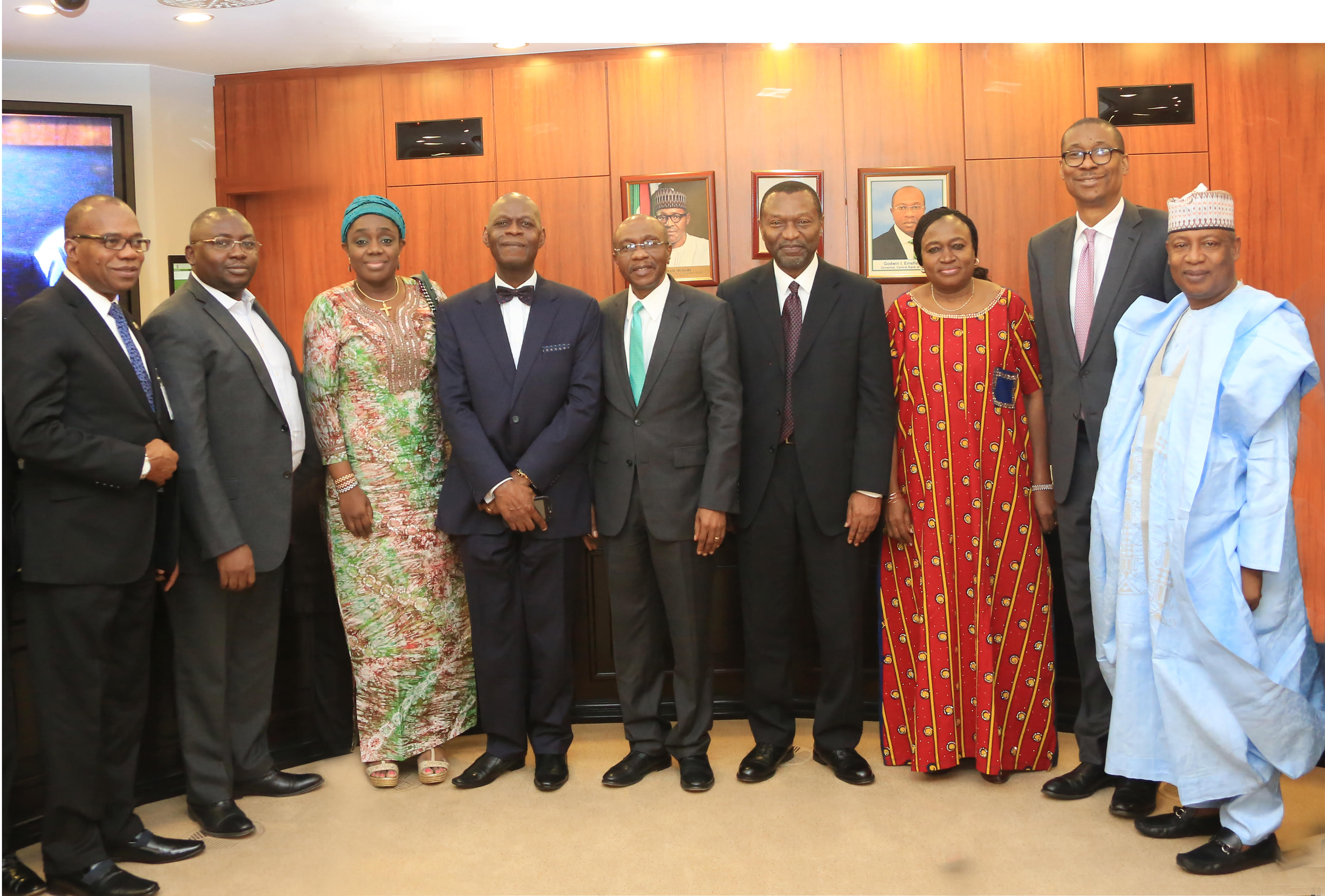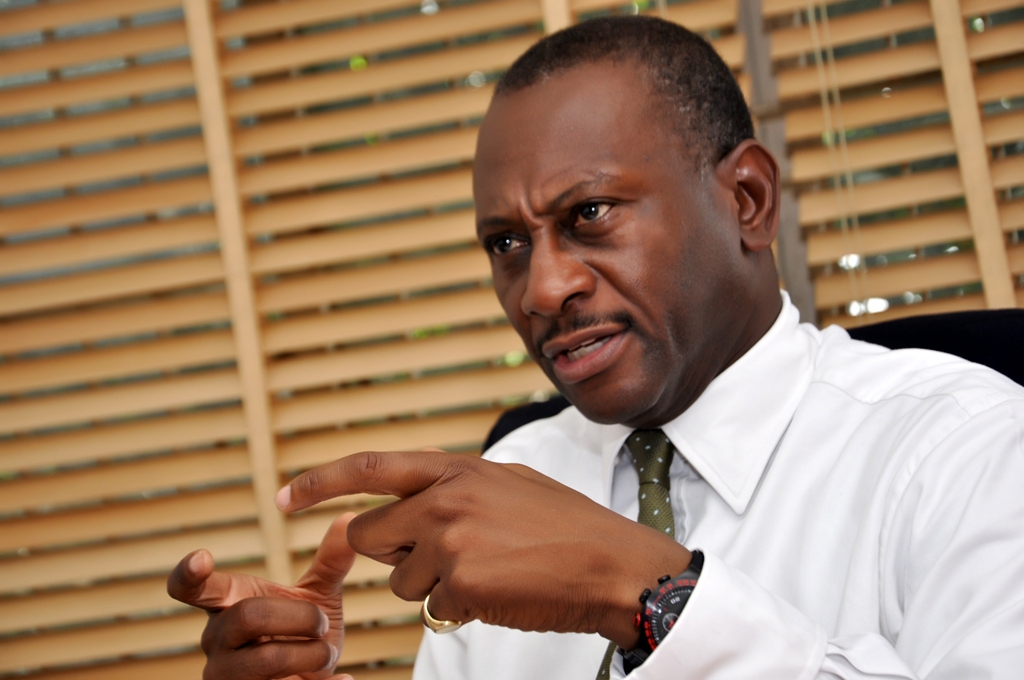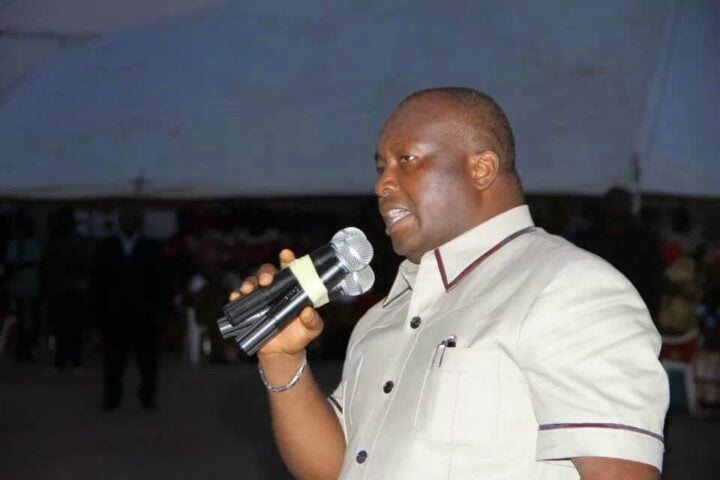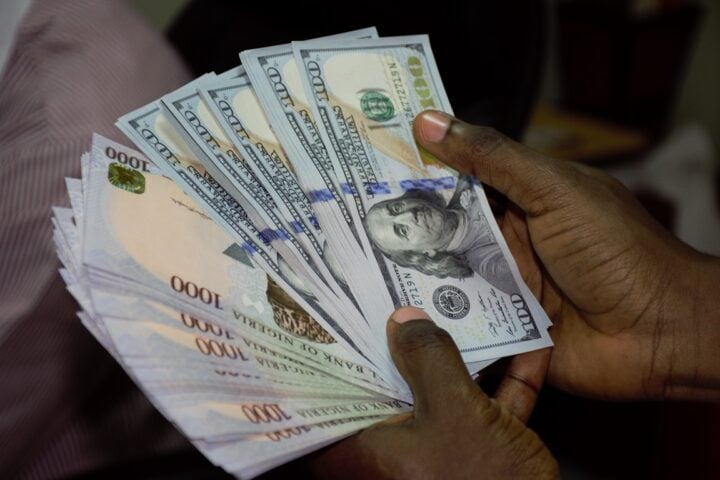The Central Bank of Nigeria (CBN) met the leaders of three key ministries driving the economy, with the aim of achieving collaboration of monetary and fiscal policies.
Godwin Emefiele, governor CBN, met Kemi Adeosun, minister of finance; Udo Udoma, minister of budget and national planning, and Okechukwu Enelamah, minister of the trade and investment, met to brainstorm on the best ways to pull the Nigerian economy out of recession.
The meeting, which comes less than 48 hours before the second monetary policy committee (MPC) meeting of the year, was held at CBN corporate headquarters in Abuja, with the theme: “Pathway to Price Stability Conducive to Economic Growth”.
Speaking at the opening of the two-day MPC retreat, Emefiele reiterated the need for the country’s monetary and fiscal authorities to collaborate and harmonize standpoints so as to develop the economy rapidly.
Advertisement
Emefiele, who also chairs the MPC, said the MPC retreat, which for the first time had in attendance a large representation of the fiscal authorities, was coming at a period when the country faced serious economic challenges.
He added that finding a sustainable solution required a broadened participation of colleagues from the fiscal side.
He said that the retreat, as a brainstorming session, would provide perspectives on certain MPC decisions.
Advertisement
He said it would also close the gap on the coordination between monetary and fiscal authorities to chart a common course and take decisions to develop the economy.
In his remarks at the brainstorming session, Udoma, said both the monetary and fiscal Authorities had no choice but to work together to guarantee the country’s economic growth.
He posited that the pathway to lower interest rate was to ensure monetary and fiscal authorities collaboration with the private sector.
Adeosun, and Enelamah both agreed that solving challenges facing the Nigerian economy required unconventional tactics.
Advertisement
Adeosun pointed out that a huge number of unbanked Nigerians whose contributions to the economy are hardly captured.
She said the government must devise ways to bring them into the financial mainstream, adding that based on the current realities, the federal government would have to borrow more to meet its infrastructural obligation.
Enelamah emphasized the need for both monetary and fiscal authorities to ensure business, market and investor confidence, as well as policy integrity, in order to improve on the ease of doing business in Nigeria.
In her presentation, “The Macroeconomic Trilemma and Monetary Policy in Nigeria,” Sarah Alade, the deputy governor, economic policy at the CBN, said the onus of achieving the trilemma of low interest and exchange rates as well as low inflation should not entirely be the function of the monetary authority.
Advertisement
Rather, she said it therefore necessitated the collaboration with fiscal authorities, further stating that there was need for deliberate policies to ensure stability and engender growth in the economy.
By Tuesday, the CBN will have to decide, if it will cut benchmark interest rates or keep it at 14 percent.
Advertisement
Add a comment







